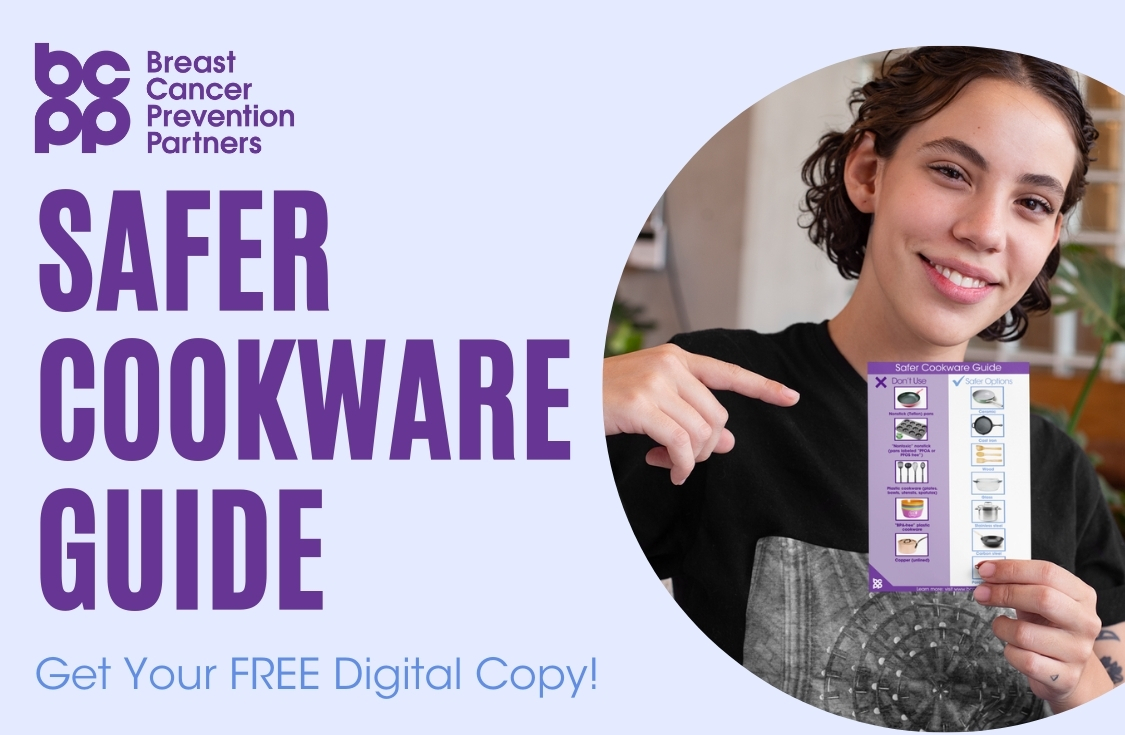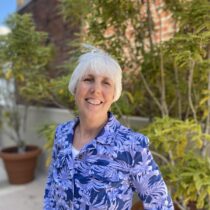I’ll Take My Yams Without a Side of Heavy Metals, Thank You
Post by BCPP Senior Policy Manager, Lisette van Vliet
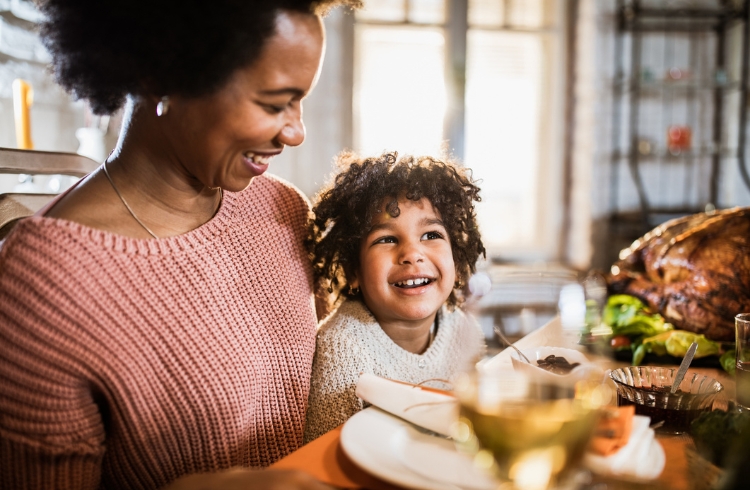
With the year-end holidays right around the corner, it’s time to think about those yummy holiday meals we’ll be feeding our families…and some of the hidden toxic exposures they may bring.
While I love a good meal as much as the next person, as someone who works on the toxic chemicals used in food packaging and upstream materials that contact our food during the production phase, the major feast holidays are always a tense time of year. So much harmful exposure is happening through food, and most people are completely unaware.
Yet, I don’t simply want to inform people in a way that comes across as “nothing you eat is free of toxic chemicals.” And, most importantly, I don’t want to puncture our joy at sitting down with loved ones for a good meal. We all need time to relax, socialize, celebrate, and indulge!
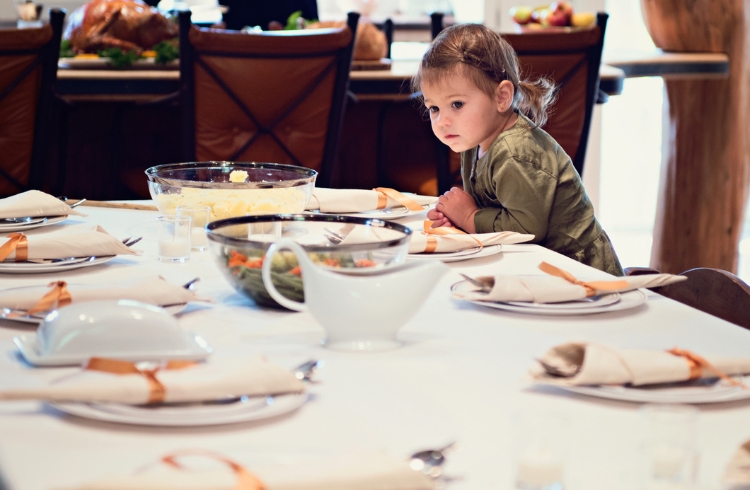
That being said, it’s a bit like – this major offense against human health is happening, every day, and it’s time to throw up the window and yell we’re mad as hell. The truth is, the FDA is doing a terrible job of regulating the chemicals used to make food packaging and other materials that contact the food we eat and the beverages we drink. Clearly that’s a downer, not to mention a rather unappetizing problem to think about. In particular, when you’re trying to organize a big, festive, and celebratory meal.
So, let’s skip to the good news – YES, there are choices that can help minimize your exposure to chemicals linked to breast cancer, learning disabilities, and many other debilitating chronic diseases. Admittedly, not everyone can partake. Some of these choices may not be affordable, or available in your neighborhood. These are arguably problems that are just as much an environmental injustice as living next to a polluting factory.
Granted, I also acknowledge that not everyone starts from the same point of departure: some of you may need to go to greater lengths to reduce your risks because of your pre-existing vulnerabilities, such as living with a breast cancer diagnosis, or other health condition.
Still, back to the good choices. Without trying to be comprehensive or forensic about it, here are my seven suggestions for minimizing your exposure to health-harming and environment-harming chemicals that can get into your celebratory meal – from store packaging to the utensils on the table.
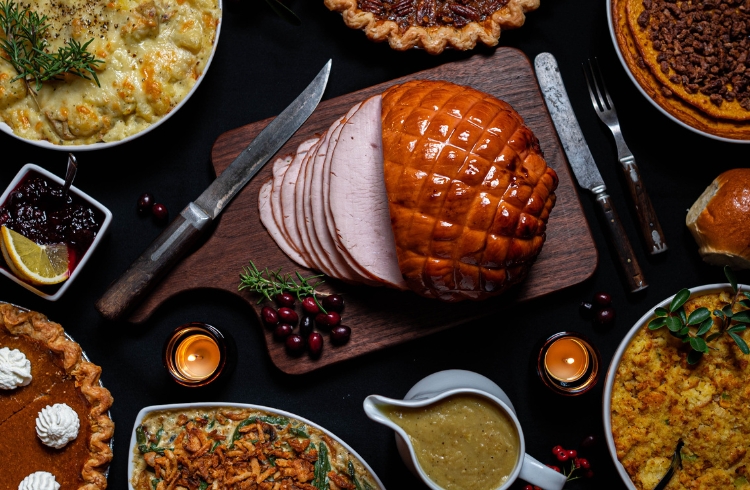
2. Getting some new cookware?
Check out our Safer cookware guide to help you avoid buying cookware with the toxic ‘Forever’ PFAS chemicals.
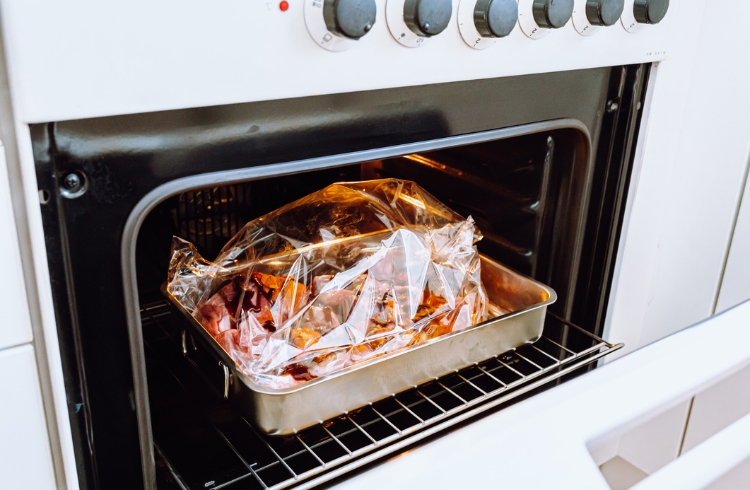
3. Don’t cook your turkey (or other food) in anything plastic.
If you are roasting meat, stay away from plastic roasting oven bags. Plastic is made from many chemicals, and we don’t know nearly enough about them, let alone how they interact to make by-product chemicals that can leach into the meat.
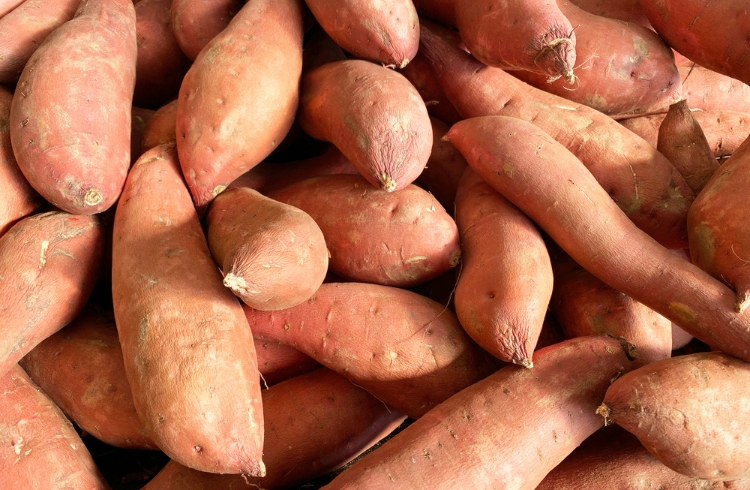
4. Go easy on the sweet potatoes.
A recent report by the Healthy Babies Bright Futures organization found that lead, arsenic, and cadmium levels are high in some fresh carrots and sweet potatoes. For those of you already serving these foods regularly to your kids, Healthy Babies Bright Futures recommend that parents vary the source by choosing from different brands, varieties, or stores each week to avoid accidentally serving a high-metal source often.
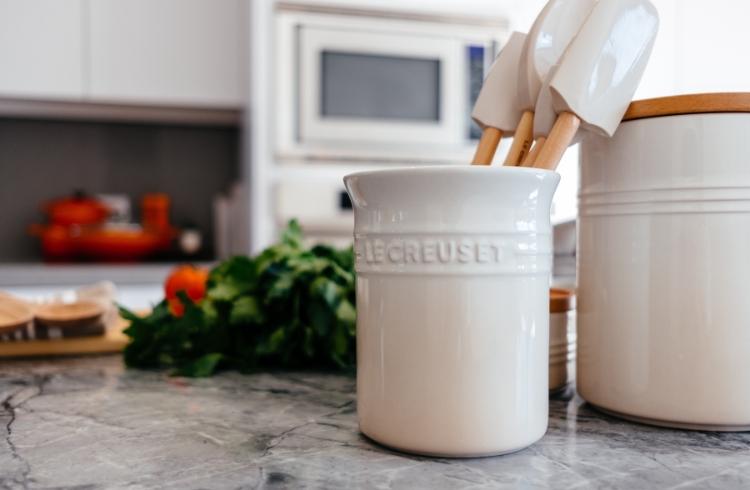
5. Serve your luscious steaming gravies from glass or ceramic containers with metal ladles (or use a ceramic cup or jug).
Stay away from plastic cooking utensils and plastic food receptacles – especially for hot, fatty, liquid foods like gravies. Scientific testing found nasty chemicals in some utensils. Because the production stream for recycled plastic, from which these utensils are sometimes made, can recirculate toxic chemicals into new products, it’s worth avoiding if you can.
6. Serving Coca-Cola?
Spare three minutes to tell Coca-Cola executives to lead their company away from the use of cancer-causing chemicals in their plastic bottles, hosted by our friends at Defend Our Health.
7. Want to do more?
Add your voice to those asking for a better food safety system for all! None of us can shop or cook our way out of this problem of toxics in food packaging and production. Take a few minutes and join our actions for changing the system of safety for chemicals in food and beverage:
- Tell Congress to protect our food from phthalate contamination.
- Support the Toxic Free Food Act to stop companies using secret toxics.
At Breast Cancer Prevention Partners, we’re working hard to create the systemic change needed to ensure the government is protecting us all from dangerous chemicals in our food, so we as consumers don’t have to think about this stuff. However, until that day comes, consider taking some of these steps.
And of course, I hope you enjoy your holidays!
Best wishes and good cheer,
Lisette

